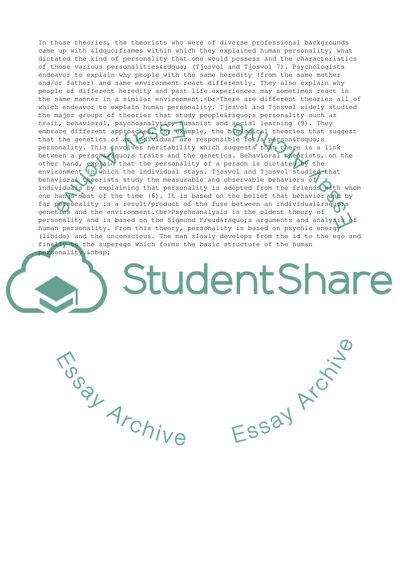Cite this document
(“Application of Psychology on Leadership and Management Essay”, n.d.)
Application of Psychology on Leadership and Management Essay. Retrieved from https://studentshare.org/management/1585571-apps-of-psychology-application-of-psychology
Application of Psychology on Leadership and Management Essay. Retrieved from https://studentshare.org/management/1585571-apps-of-psychology-application-of-psychology
(Application of Psychology on Leadership and Management Essay)
Application of Psychology on Leadership and Management Essay. https://studentshare.org/management/1585571-apps-of-psychology-application-of-psychology.
Application of Psychology on Leadership and Management Essay. https://studentshare.org/management/1585571-apps-of-psychology-application-of-psychology.
“Application of Psychology on Leadership and Management Essay”, n.d. https://studentshare.org/management/1585571-apps-of-psychology-application-of-psychology.


